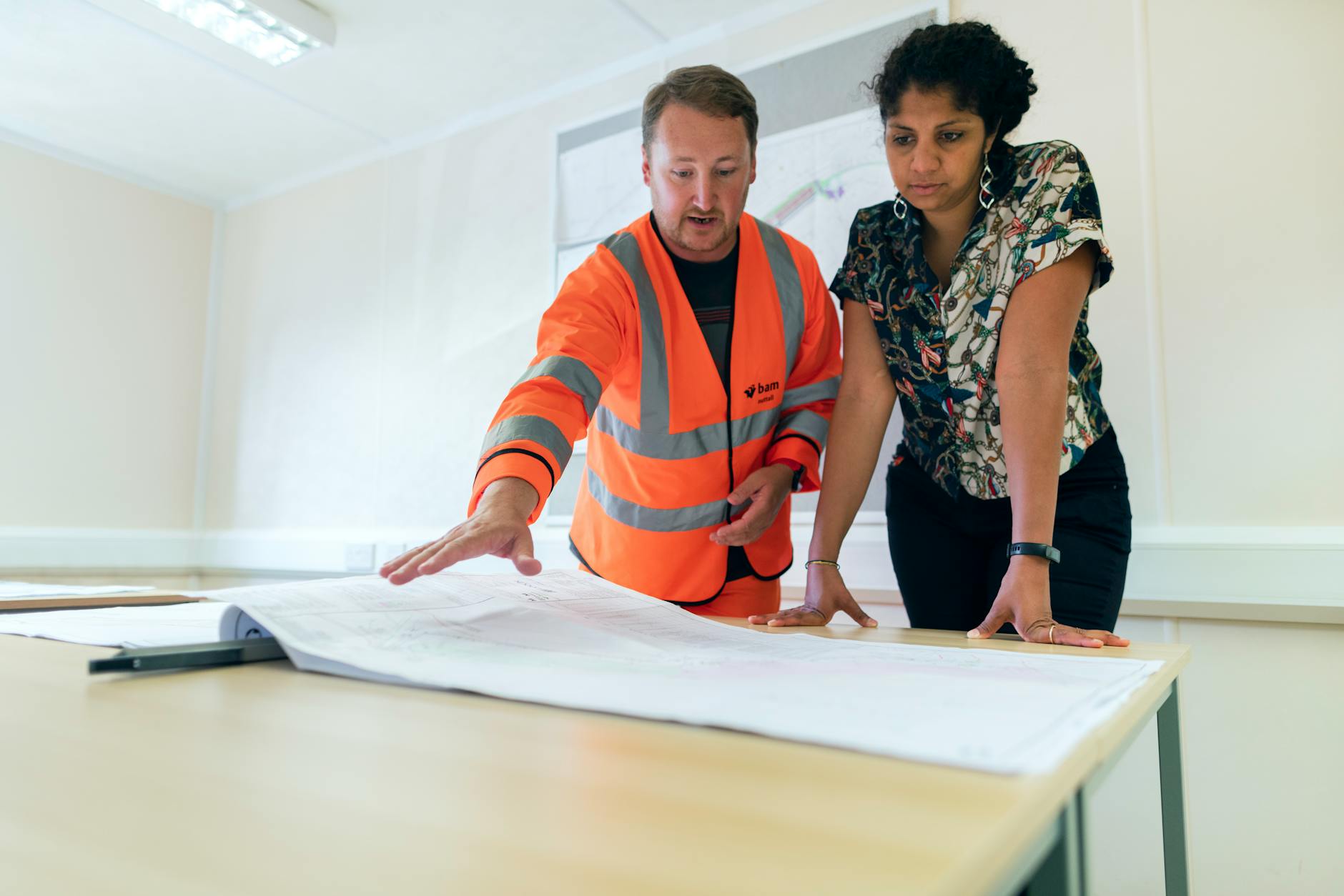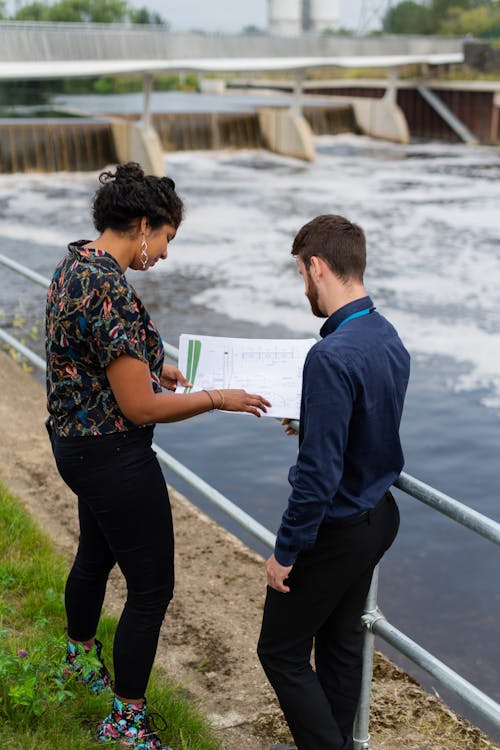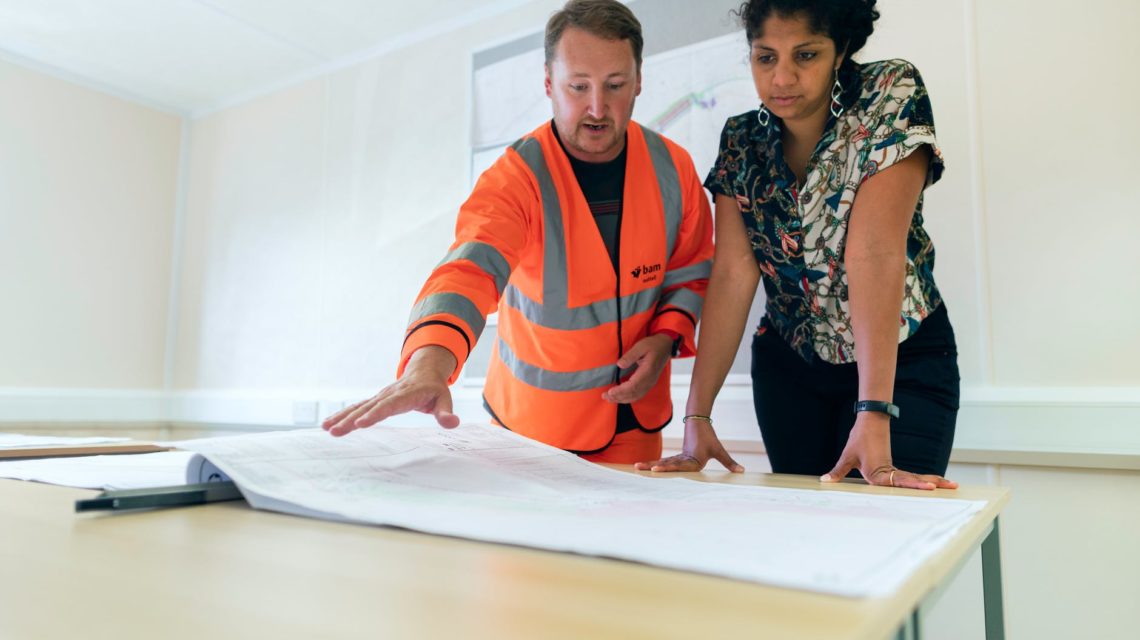By Mary Ann Liebert Inc.
November 19, 2020
New Rochelle, NY — Black, Hispanic, and Native American students and faculty are largely underrepresented in environmental engineering programs in the United States.
A pathway for increasing diversity and community participation in the environmental engineering discipline is proposed in the peer-reviewed journal Environmental Engineering Science.

Click here to read the article now.
“As a community, environmental engineering professors must examine all aspects of academic institutions to combat systemic racism, including teaching, research and university administration. This article presents a strategic plan for expanding the horizons of students and fostering faculty careers in a way that advances our mission.”
Catherine A. Peters, PhD, Editor-in-Chief of Environmental Engineering Science and Professor, Department of Civil & Environmental Engineering, Princeton University.

Lupita Montoya, University of Colorado Boulder, and coauthors propose
- exposing students to community-based participatory methods,
- establishing action research groups for faculty, and
- broadening the definition of research impact to improve tenure promotion experiences for minority faculty.

Citation: Lupita D. Montoya et al, “Environmental Engineering for the 21st Century: Increasing Diversity and Community Participation to Achieve Environmental and Social Justice,” Environmental Engineering Science (2020). Click here to read the article.
###
About the Journal
Environmental Engineering Science, the official journal of the Association of Environmental Engineering & Science Professors, is an authoritative peer-reviewed journal published monthly online with open access options. Publishing state-of-the-art studies of innovative solutions to problems in air, water, and land contamination and waste disposal, the Journal features applications of environmental engineering and scientific discoveries, policy issues, environmental economics, and sustainable development including climate change, complex and adaptive systems, contaminant fate and transport, environmental risk assessment and management, green technologies, industrial ecology, environmental policy, and energy and the environment. Tables of content and a sample issue may be viewed on the Environmental Engineering Science, website.
About the Association
The Association of Environmental Engineering and Science Professors (AEESP) comprises faculty members in academic programs throughout the world who provide education in the sciences and technologies of environmental protection. The mission of AEESP is to assist its members in the development and dissemination of knowledge in environmental engineering and science. AEESP seeks to strengthen and advance the discipline of environmental science and engineering by providing leadership, promoting cooperation amongst academics and others within and outside the discipline, and serving as a liaison between its membership and other professional societies, governmental agencies, industry and nonprofit organizations.










